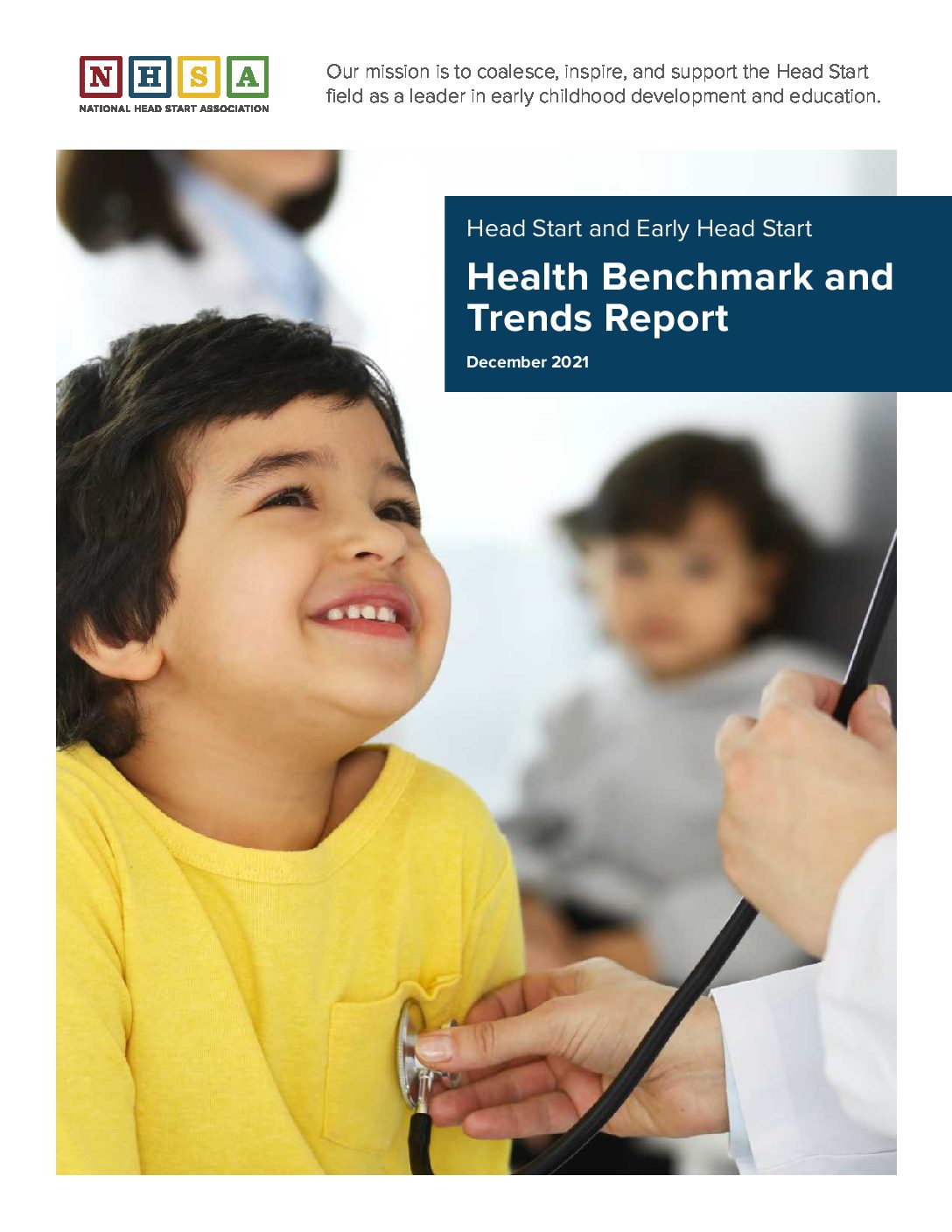Children’s access to healthcare varies enormously across the country.
NHSA’s Health Benchmark and Trends Report examines the relationship between poverty, race, and geography, revealing the impact of common barriers.
The report is a five-year follow-up NHSA’s first nationwide survey focused on understanding access to and support of health services for children and families. The report examines the factors blocking Head Start children’s access to healthcare. In addition to a special look at prenatal to three health, central findings are organized into five categories: providers, screenings, mental health care, dental care, and social determinants of health.
Providers
- Pediatricians and prenatal/postpartum care providers are the most available, with approximately 70% of respondents reporting most or all families can access providers who accepted their insurance.
- Access to specialists is more limited, with fewer than 40% reporting most or all families can access mental health providers.
Screenings
- Approximately 70% of respondents report providing screenings themselves, with another 15-25% reporting they do some screenings while pediatricians do others.
- Approximately 30% of respondents report, even when health providers perform hearing and vision screenings, they still have to do additional screenings because the results provided are only pass/fail.
Dental Care
- Less than 40% of respondents report most or all families they serve are able to access dentists who accept their insurance.
- Another nearly 40% of respondents report their communities lack providers and have long waits for appointments.
Mental Health
- More than 60% of respondents partner with individual mental health practitioners.
- Nearly 90% of respondents implement trauma-informed practices.
Social Determinants of Health
- Respondents report that the majority of families face environmental conditions that negatively affect their health and wellbeing.
Consistent with the original report, a blanket lack of providers in more isolated communities presents an immense hurdle. Rural communities are more likely to face access issues and the proportion of programs who reported the availability of providers who accept families’ insurance dropped significantly when asked about cultural and linguistic competency. To address these obstacles, Head Start programs complete screenings in the program, provide transportation and translation, and find families’ medical homes to ensure children receive medical care.
NHSA Recommends Further Investment in Children’s Access to Healthcare
The report culminates in a series of recommendations. For the Office of Head Start (OHS), we recommend expanding access to health training and technical assistance, expanding parent education on health services, moving towards a more holistic approach to monitoring and compliance, and elevating training for the Head Start field on racism as a public health issue.
Beyond OHS, we recommend expanding federal and state funding for mental health supports for young children, establishing health records partnerships with families that makes navigating multiple systems less burdensome, creating telehealth partnerships, and expanding postpartum care.

